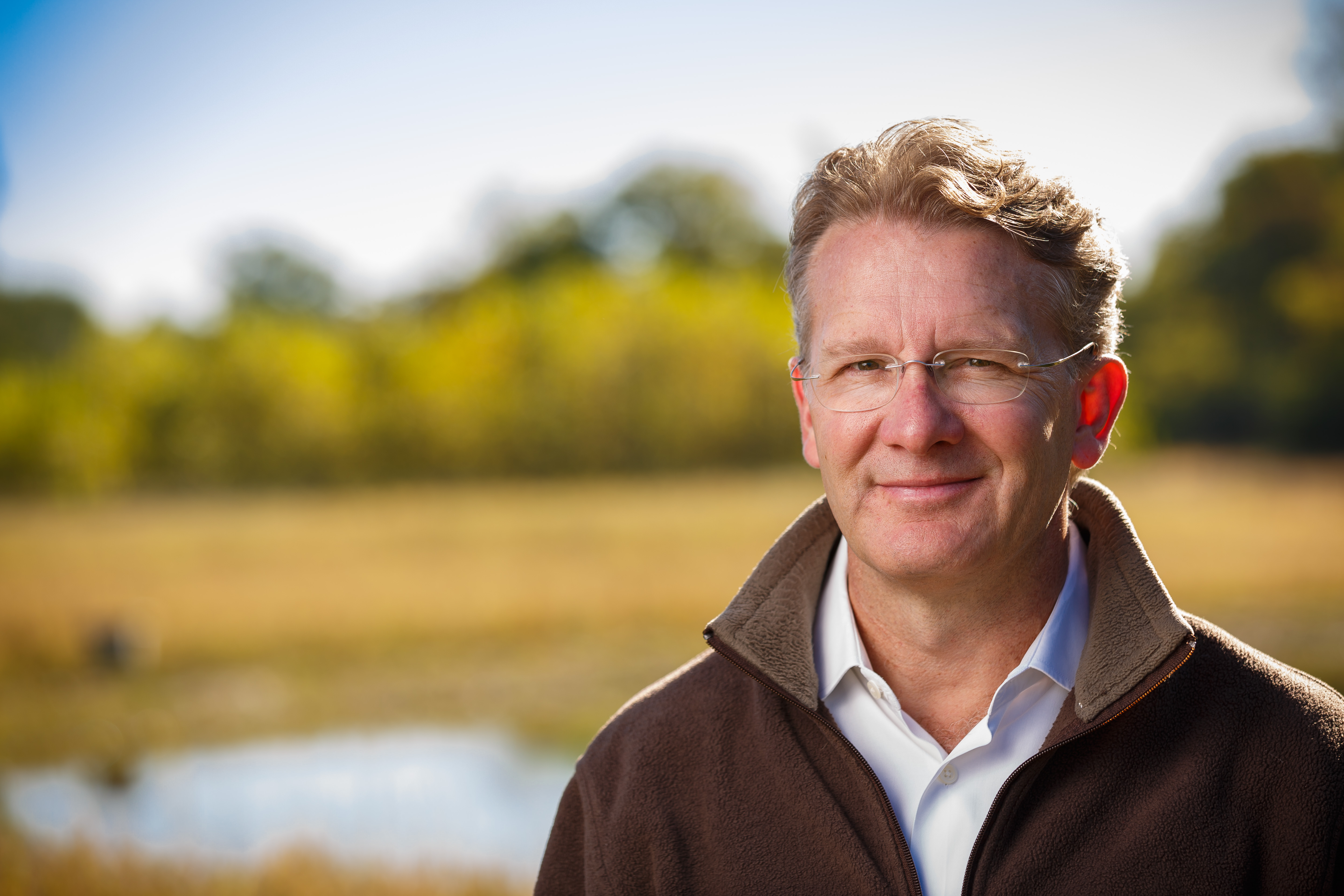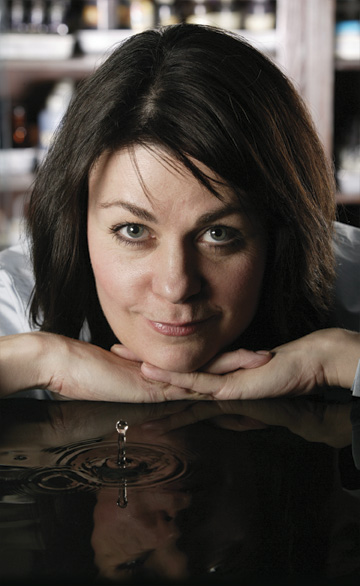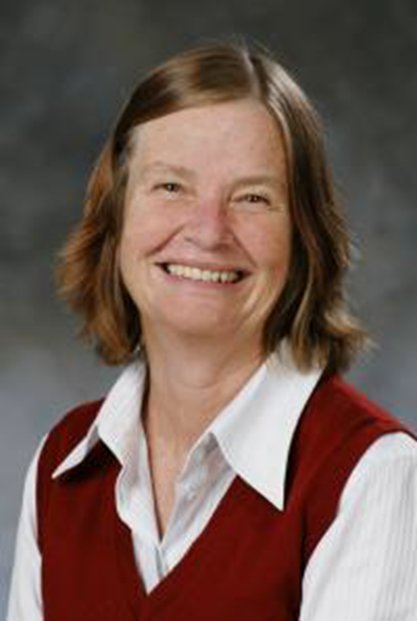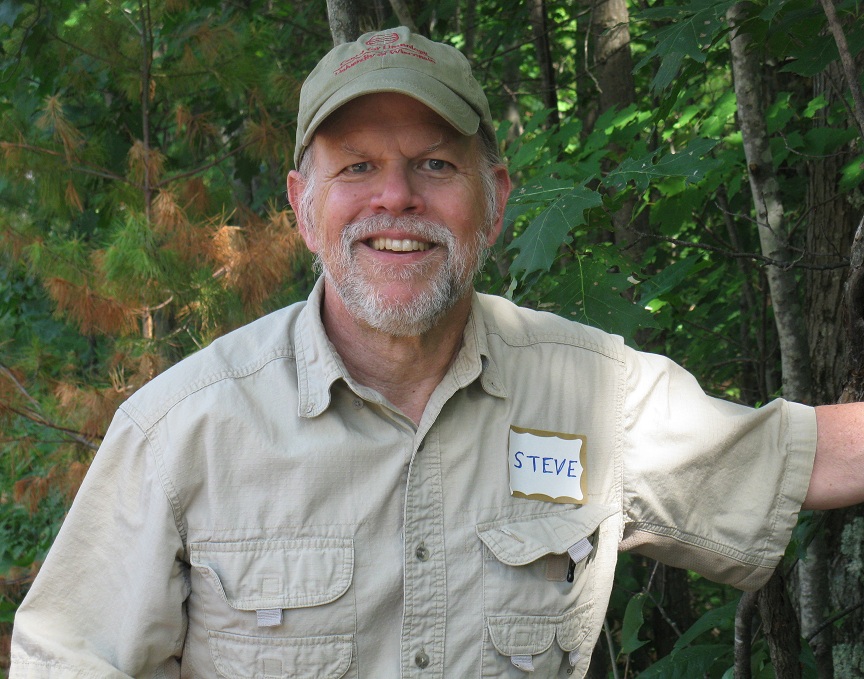KEYNOTE/PLENARY SESSIONS
Monday Keynote
 PETER ANNIN - Peter Annin, University of Notre Dame
PETER ANNIN - Peter Annin, University of Notre Dame
"WATER TENSION AND THE GREAT LAKES COMPACT"
A veteran conflict and environmental journalist, Peter Annin spent more than a decade reporting on a wide variety of issues for Newsweek. For many years he specialized in coverage of domestic terrorism and the radical right, including the bombing of the federal building in Oklahoma City and the Branch Davidian standoff outside Waco, Texas. He has spent many years writing about the environment as well, including droughts in the Southwest, hurricanes in the Southeast, wind power on the Great Plains, forest fires in the mountain West, recovery efforts on the Great Lakes, and the causes and consequences of the "dead zone" in the Gulf of Mexico.
In November of 2010, Annin was named managing director of the University of Notre Dame's Environmental Change Initiative, a key branch of the University's Strategic Research Investment program that tackles the interrelated problems of invasive species, land use and climate change, focusing on their synergistic impacts on water resources. As managing director of ND-ECI, Annin functions as its chief operating officer and assists Professor David Lodge, ND-ECI's director, in developing and implementing the Initiative's intellectual and programmatic vision.
Before joining Notre Dame, Annin worked for a decade as Associate Director of the Institutes for Journalism and Natural Resources, a nonpartisan national nonprofit that organizes educational fellowships for mid-career environmental journalists. In September 2006 he published his first book, The Great Lakes Water Wars, which has been called the definitive work on the Great Lakes water diversion controversy. In 2007 the book received the Great Lakes Book Award for nonfiction. In August, he will become co-director of the Mary Griggs Burke Center for Freshwater Innovation at Northland College in Ashland, WI.
Since 2004 Annin has served as the volunteer executive director of Gull Rock Lightkeepers, a nonprofit dedicated to restoring Gull Rock Lighthouse, a storied Lake Superior light 2.5 miles off Michigan's Keweenaw Peninsula. He has a bachelor's degree in journalism from the University of Wisconsin-Madison, and a master's in international affairs from Columbia University in New York.
Tuesday Keynote
 IRENA F. CREED - Western University
IRENA F. CREED - Western University
"BLOOM AND BUST: THE VULNERABILITY OF FRESHWATER ECOSYSTEM SERVICES"
Irena Frances Creed is a Professor and Canada Research Chair in Watershed Sciences at Western University in Canada. Her research leadership and activity have improved our understanding of watershed hydrological and biogeochemical functions under present and predicted climate scenarios. By coupling this understanding with innovative techniques in geographic information systems, remote sensing and modeling to characterize these functions, she has enabled governments to develop planning and regulatory tools in support of innovative policies designed to ensure the sustainability of watershed systems.
Creed is an interdisciplinary scientist, with an appointment in Biology and cross-appointments in Geography and Earth Sciences at Western. On campus, she has leadership roles as former Acting Director of Centre for Environment & Sustainability, member of the Sustainability & Environment Theme Executive for Faculty of Science, Director of the Africa Institute, and member of the President's Advisory Committee on Sustainability. Nationally and internationally, she was Research Area Leader (Water and Wetlands) for the Scientific Management Team of the Network of Centres of Excellence for Sustainable Forest Management (SFMN), which led to her participation on a US National Academies Scientific Panel Member on Hydrologic Impact of Forest Management. She is a theme leader (Health Forests, Healthy Waters) of the NSERC Canadian Strategic Network on Aquatic Ecosystem Services. She is also the principal investigator on the international NSERC Collaborative Research and Training Program Algal Bloom Assessment Through Science, Technology and Education (ABATE) Project. She was the Vice-Chair (2009) and Chair (2011) of the prestigious Gordon Research Conference on Catchment Sciences, establishing the theme of Catchments as Sentinels of Global Change and selecting an exceptional program led by world leaders in watershed research.
Creed has published over 100 scientific papers, books, monographs, and technical reports. She has provided over 200 presentations to scientific meetings, stakeholder groups and as a participant in "think tank" international workshops intended to define research needs and agendas. She was selected as the 2013 Distinguished Research Professor in the Faculty of Science at Western University, which allowed her to implement collaborative grants, pursue high-risk research, lead unique, time sensitive research avenues with strong potential for significant breakthroughs, and capitalize on new and significant national and international partnerships with academics, government and industry.
Creed is strongly committed to "scientific tithing" and spends a significant amount of her time in service to communities-at-risk in both developed and developing countries. She was a research leader to the Lake Naivasha Sustainability Project (Kenya) and was a recipient of Western's inaugural Humanitarian Award for her work. Her broad knowledge base allows her to bridge her science with social science, engineering, law, and medicine to develop strategies to ensure sustainability of socio-ecological systems. Creed also leads a major project on the sustainability of the Laurentian Great Lakes and has transformed this work through the Transborder Research University Network (TRUN) on Water Stewardship – a project that received Western University's Green Award in 2013 for work combining future scenario analysis with risk management analysis to identify scientific and policy gaps and mechanisms to bridge science to policy. You can learn more about her projects, activities, and publications at http://www.uwo.ca/biology/faculty/creed/.
Wednesday Keynote
 JANE HUGHES - Griffith University
JANE HUGHES - Griffith University
"CONSERVATION OF AQUATIC BIODIVERSITY IN A WORLD WITH LESS WATER: A MOLECULAR ECOLOGIST’S PERSPECTIVE"
Jane Hughes is a Professor in the Griffith School of Environment at Griffith University in Brisbane Australia. She is also a Senior Fellow in the Australian Rivers Institute. Jane's undergraduate and Honours degrees are from the University of Western Australia and her PhD is from La Trobe University in Melbourne. She has been at Griffith University as an academic since 1978, when she began as a Junior Teaching Fellow. Her research is mainly focused on the use of molecular techniques to address questions in ecology and evolution and recently, much of her work has focused on connectivity among populations of aquatic animals in rivers and streams. She and her students have also published a lot of papers on the processes maintaining and producing biodiversity. When not working on freshwater fish and invertebrates, Jane works on the evolution of diversity in Australian birds. Jane is an editor for Freshwater Science, Marine and Freshwater Research, PeerJ and Heredity.
Thursday Keynote
 STEVE CARPENTER - University of Wisconsin
STEVE CARPENTER - University of Wisconsin
"ENVISIONING FRESHWATER FUTURES"
Stephen Russell (Steve) Carpenter is a leader of whole-ecosystem experiments and adaptive ecosystem management focused on freshwaters. Topics include trophic cascades and their effects on production and nutrient cycling, contaminant cycles, freshwater fisheries, eutrophication, nonpoint pollution, ecological economics of freshwater, and resilience of ecosystems and social-ecological systems.
Carpenter serves as the Director of the Center for Limnology at the University of Wisconsin-Madison, where he is the Stephen Alfred Forbes Professor of Zoology. He is a member of the U.S. National Academy of Sciences, a Fellow of the American Academy of Arts and Sciences, and a foreign member of the Royal Swedish Academy of Sciences. Carpenter is the 2011 laureate of the Stockholm Water Prize. Other notable awards include a Pew Fellowship in Conservation and Environment, the G. Evelyn Hutchinson Medal of the American Society of Limnology and Oceanography, the Robert H. MacArthur Award from the Ecological Society of America, the Excellence in Ecology Prize from the Ecology Institute, and the Naumann-Thienemann medal of the International Society for Limnology.
Carpenter is Chair of the Science Committee for the Program on Ecosystem Change and Society of the International Council of Science. He is co-Editor in Chief of Ecosystems, and a member of governing boards for the Beijer Institute of Ecological Economics and the South American Institute for Resilience and Sustainability Studies. Carpenter is a fellow of the Ecological Society of America, and founding member and Fellow of the Resilience Alliance. From 2000-2005 he served as co-chair of the Scenarios Working Group of the Millennium Ecosystem Assessment. He led the North Temperate Lakes Long-Term Ecological Research program at U.W.-Madison from 1999-2009. He is a former President of the Ecological Society of America. Carpenter has published 5 books and more than 300 scientific papers, book chapters, reviewed reports and commentaries. He received a B.A. from Amherst College (1974), M.S. from University of Wisconsin-Madison (1976), and Ph.D. from U.W. Madison (1979). From 1979-1989 he served as Assistant and then Associate Professor at the University of Notre Dame. He joined the U.W.-Madison faculty in 1989. A full biographical sketch, publication list and contact information are posted on http://limnology.wisc.edu/personnel/carpenter/.

 PETER ANNIN - Peter Annin, University of Notre Dame
PETER ANNIN - Peter Annin, University of Notre Dame IRENA F. CREED - Western University
IRENA F. CREED - Western University JANE HUGHES - Griffith University
JANE HUGHES - Griffith University  STEVE CARPENTER - University of Wisconsin
STEVE CARPENTER - University of Wisconsin